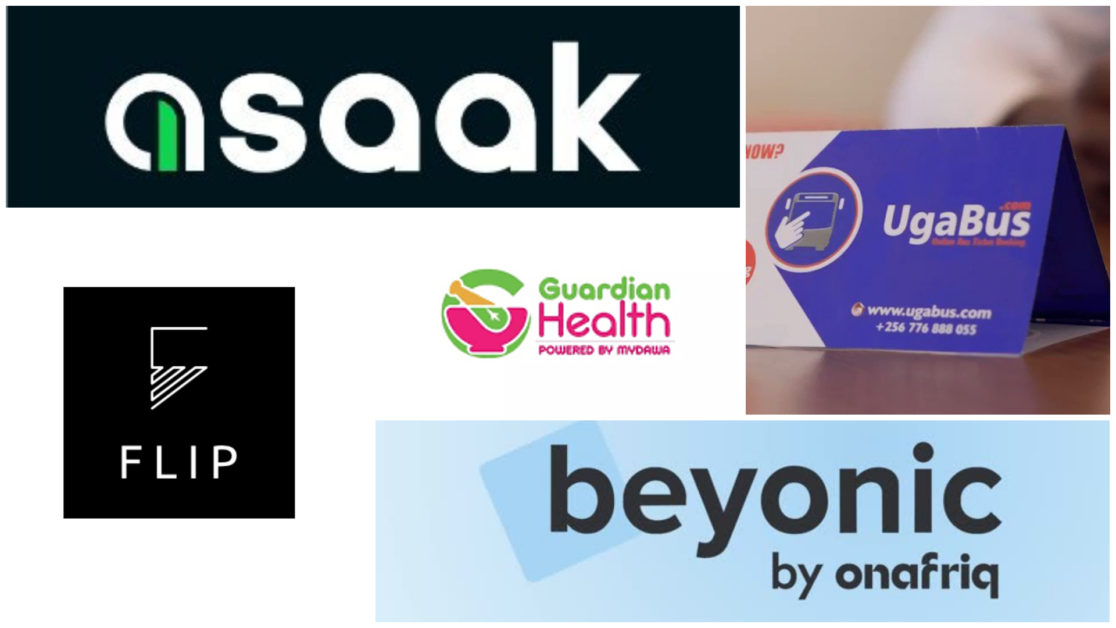In the African startup ecosystem, acquisitions are rare. This is true for nascent ecosystems, and Uganda is no exception. An acquisition happens when one company, typically larger and more established,…
Which Ugandan Startups Have Been Involved in Acquisitions?
